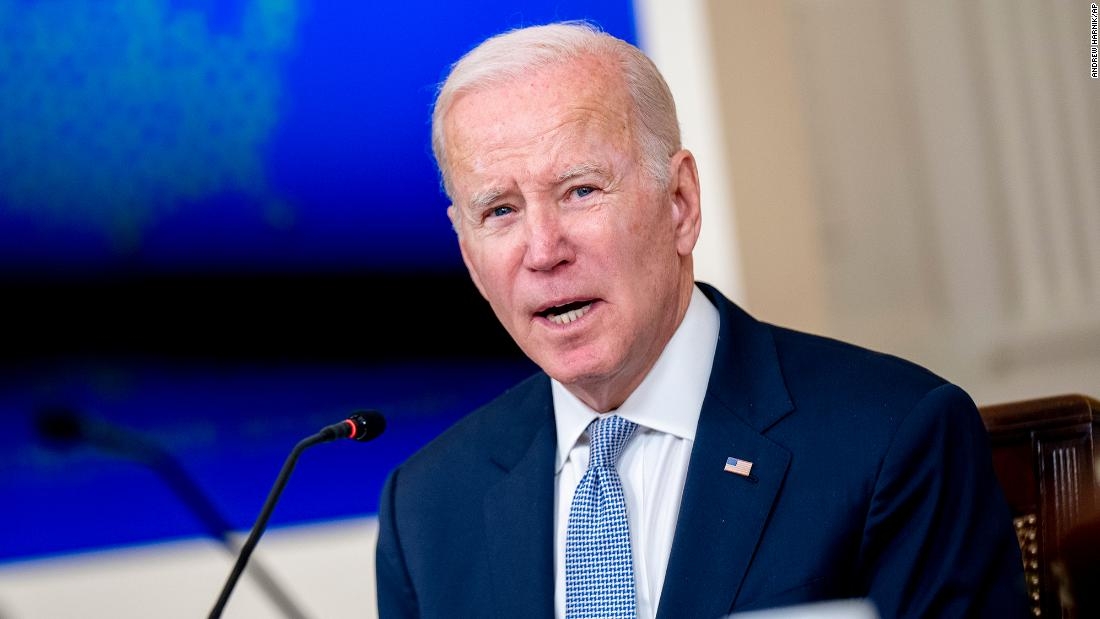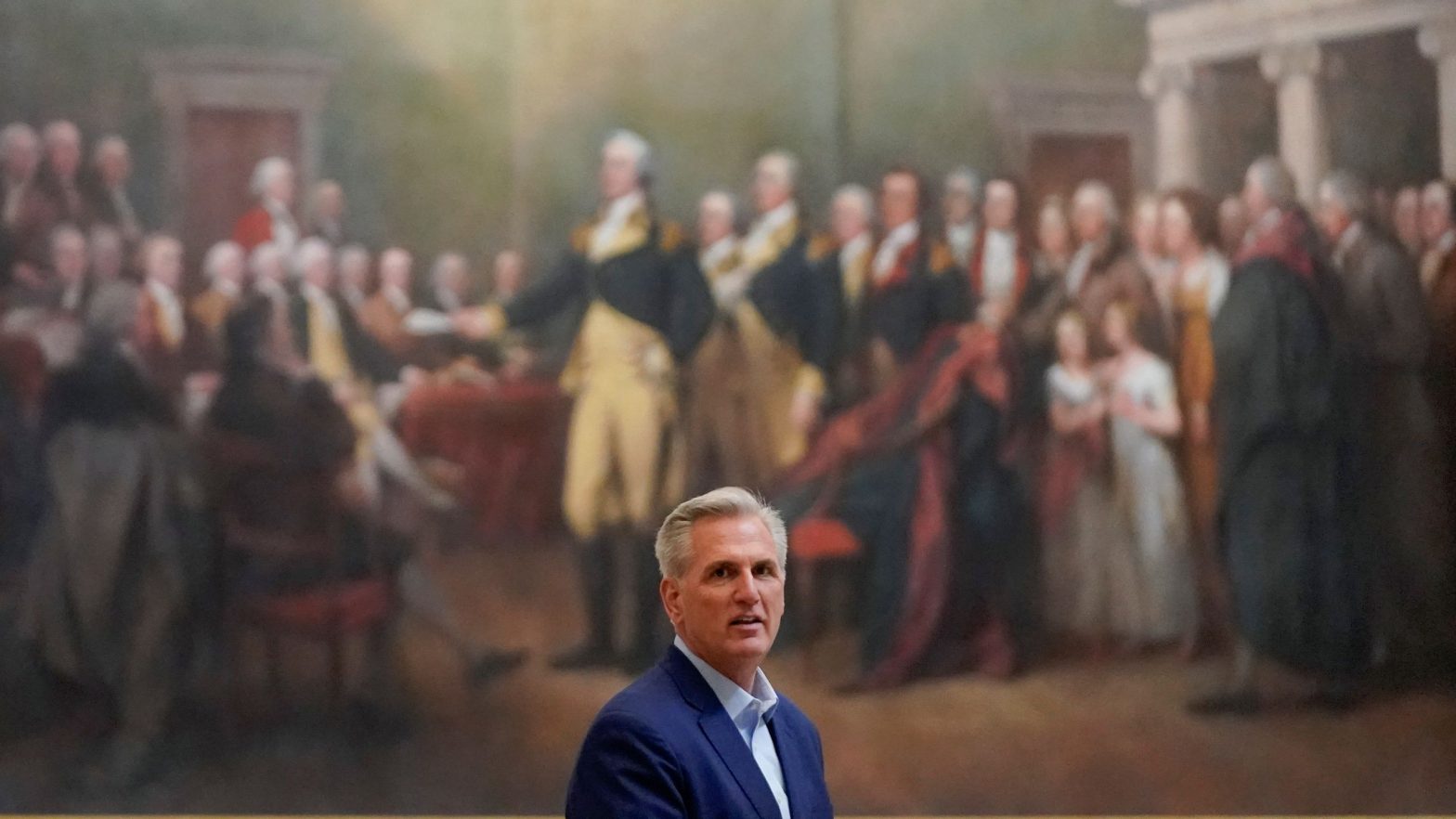In the landscape of American politics, a potential economic catastrophe is looming. The Republican-controlled House, playing a dangerous game of brinkmanship, is refusing to honor the nation’s financial commitments unless President Joe Biden concedes to spending cuts and a curtailing of social programs. The clock is ticking, with a compromise to raise the government’s borrowing limit needed within days to stave off an unthinkable credit default. The stakes are high and the consequences potentially grave, from a potentially derailed global economy to millions of Americans seeing their retirement and veteran benefits disrupted.
An American default would not just be an internal disaster, but a global shockwave, sending ripples throughout international financial markets, possibly triggering a recession and causing job losses in a country where many families are already struggling to stay afloat in a fragile economy. A compromise must be reached, but the negotiations have been fraught with antagonism, especially between the White House and House Republicans.
Over a weekend filled with acrimony, there seemed to be little progress, with the blame game in full swing. Amid this chaos, President Biden and House Speaker Kevin McCarthy are set to meet for critical discussions aimed at pulling the economy back from the edge of this precipice. The world watches with bated breath, wondering if they can find a middle ground before Treasury Secretary Janet Yellen’s predicted financial Armageddon becomes reality.
The President, recently returned from Japan, has been forced to negotiate over the debt limit, a position he initially refused to adopt. In Japan, he found himself unable to reassure his fellow world leaders that the US will not send the global economy into a tailspin. The implications of a failure to reach an agreement are dire, with a default potentially damaging international confidence in the creditworthiness of the United States.
While the Republicans argue that the government is spending beyond its means, Biden and his administration counter that it is irresponsible for the GOP to use the debt ceiling as a bargaining chip. They maintain that the borrowing limit must be raised to accommodate spending already sanctioned by Congress under the President and his predecessors.
However, the roadblocks to a resolution are numerous. Even if Biden and McCarthy can strike a deal, there is no guarantee that it would pass through Congress. McCarthy’s position is not as strong as it seems; he barely managed to pass a debt ceiling-raising bill in exchange for a series of Republican concessions. His authority as House Speaker is compromised due to concessions made to GOP hardliners earlier in his tenure. Therefore, even a bipartisan agreement between the two leaders might not garner sufficient support to be passed.
There is a strong possibility that pro-Trump factions within the House GOP are willing to risk an economic disaster if it means undermining President Biden’s administration. The President’s reference to some House Republicans sabotaging the economy in an effort to tarnish his reputation points to this possibility. McCarthy, however, asserts that Biden’s shifts in position are a result of pressure from within his own party, especially from its more progressive elements.
Although both sides have a vested interest in showcasing their tough stance to their respective party members, the stakes are uniquely high in the current situation. This is not a typical political standoff; the implications of a failure to raise the debt limit are far-reaching and potentially devastating.
Republicans maintain that their demand for spending cuts is rooted in fiscal responsibility. Yet, their willingness to risk an economic meltdown by holding the debt ceiling hostage is seen as an extreme position. This aggressive stance is viewed as being symptomatic of the radicalization of the House majority.
The ticking clock to June 1st, the deadline set by Secretary Yellen, adds to the palpable tension in Washington. As the deadline looms, the narrative is a dangerous blame game, with each side betting that the other will bear the brunt of the political fallout if a default occurs.

Whether or not this hardline stance taken by the House GOP truly reflects the will of the American people remains questionable. In spite of their majority control of the House, albeit by a thin margin, Democrats run the Senate and the White House. The balance of power, in theory, should push both sides towards compromise. However, the extremist elements within the House GOP may be making this impossible.
The outcome of this deadlock will not only shape the power dynamics within Washington but also dictate Biden’s legacy. Any capitulation from his end will only embolden the GOP to exploit the debt limit in future negotiations. The GOP’s current demands include undoing some of Biden’s past accomplishments, such as his initiatives to combat climate change.
The President also faces pressure within his party, with progressive Democrats fearing that he might concede too much to McCarthy. They are particularly incensed over GOP efforts to impose new work requirements for Medicaid and supplemental food benefits for needy families.
While a default would primarily affect millions of American citizens, the political careers of Biden and McCarthy may also hinge on how this standoff resolves. As the deadline approaches, the U.S. teeters on the edge of an economic disaster of its own creation.
The prevailing sentiment in Washington is aptly summed up by Maryland Democratic Sen. Chris Van Hollen’s statement on ABC’s “This Week”: “We’re in an insane situation”. As the US heads towards this economic cataclysm, the world watches and waits, hoping for a resolution to this self-inflicted crisis.
©world-news.biz
